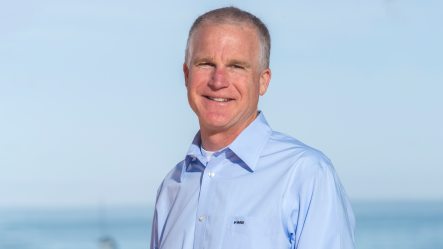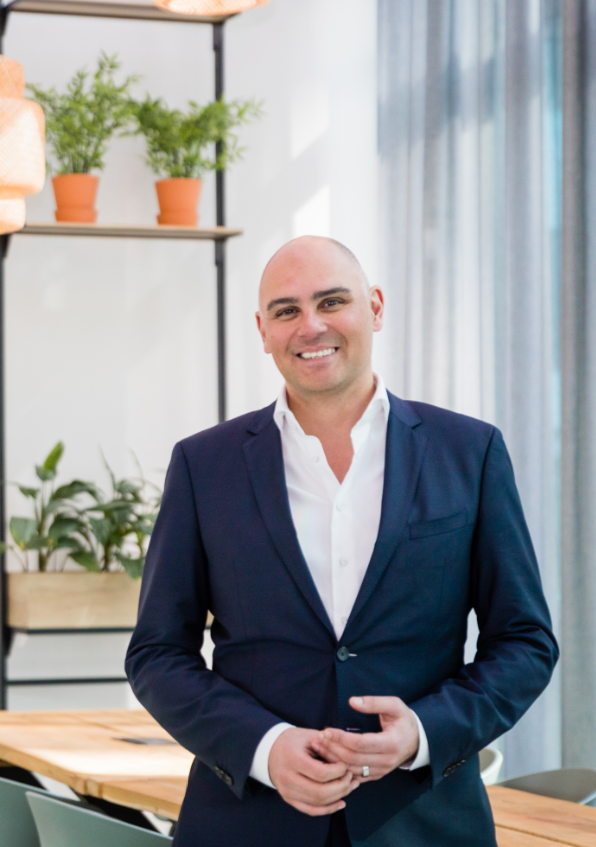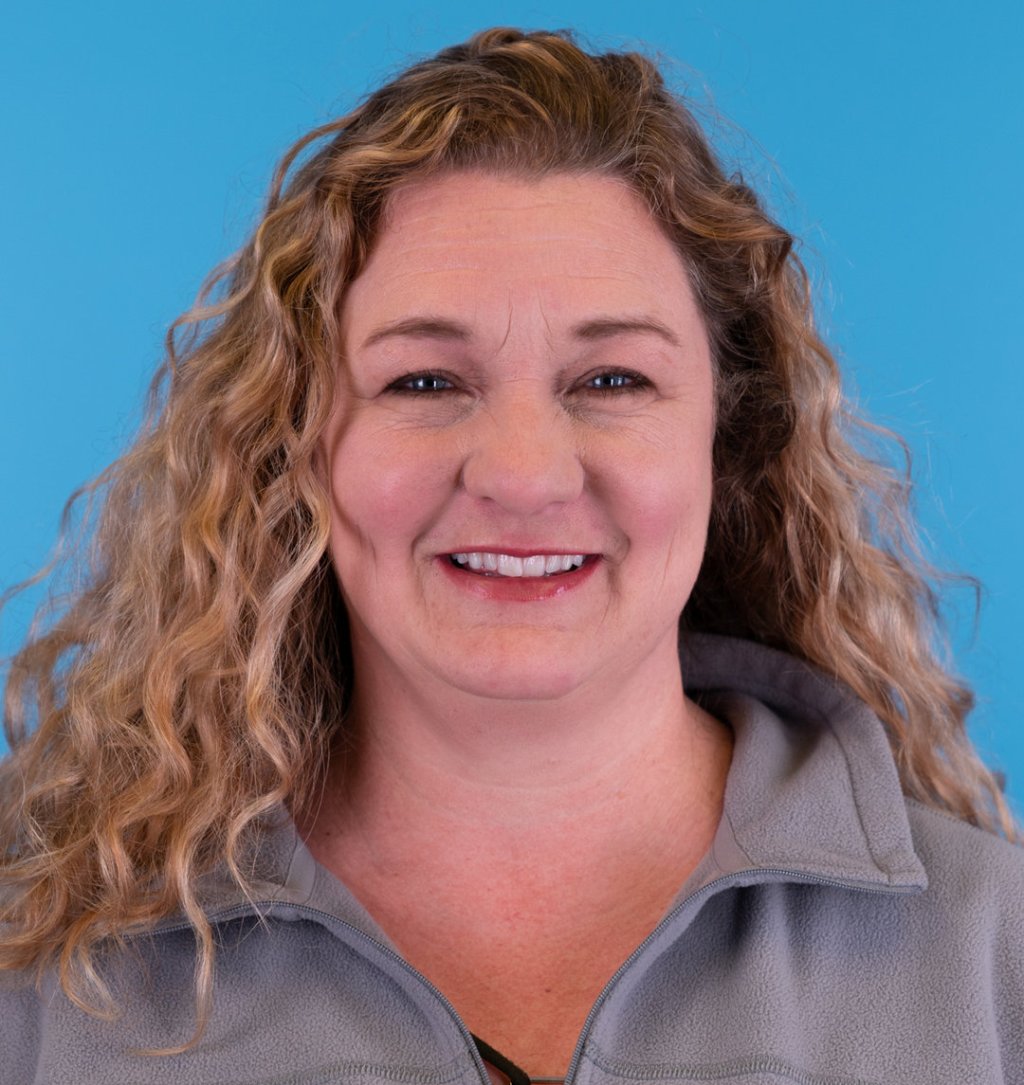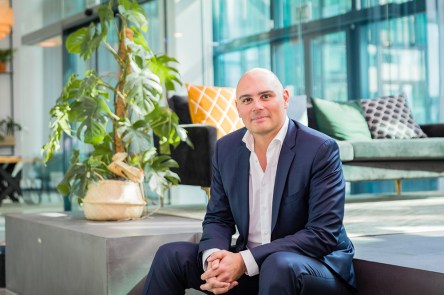Editor’s note: This article from Yardi vice president of senior living, Ray Elliott, originally ran in McKnight’s Senior Living. About 90% of seniors intend to remain in their current homes for the next five to 10 years, according to Aging in Place, a seniors and family members resources hub. At the same time, only 43% of seniors over 70 consider it “very easy” to live independently. One of every 5 Americans will be 65 and older by 2030, the U.S Census Bureau reports. These trends suggest that demand for services associated with aging in place will accelerate steadily in the years ahead. Technology as a home care tool Residents and family members opting for home care expect many of the same services and resources that are available from a community. And providers’ home care tasks mirror those executed at a senior living community, such as generating care plans to ensure appropriate treatment, avoiding scheduling conflicts, overseeing remote care delivery with real-time reports, enabling mobile tools for point-of-care charting, and minimizing risk with regulatory compliance. Fortunately, senior living management technology has advanced over the last several years to meet many home care challenges. As provider Comfort Seekers notes, “Technology is an amazing game-changer for helping seniors remain independent, safe and happy in their homes.” Toward that end, Yardi dedicates significant research and development to advancing technology that benefits providers, residents and family members. Listening to our clients and monitoring industry trends gives our senior living team an appreciation of what it takes to transfer a senior living community’s resources to the home environment. That input led to the development of Yardi At Home Care, a software solution that makes it easy to schedule, manage and bill for non-medical home care services. Its features include convenient...
State of Senior Housing...
Fil Southerland Interview
Senior Housing News recently interviewed Fil Southerland, director of healthcare solutions for Yardi, about the biggest changes in senior living technology during the COVID-19 pandemic, how technology is meeting new healthcare demands and his experience growing up in Idaho, where his father operated assisted living facilities and built his own technology platform to support them. Excerpts follow. Q.: One of the early outcomes of the pandemic was the increase in technology adoption. What are the main silver linings in terms of senior living technology? A.: COVID-19 has definitely been hard on our industry and the residents we’re caring for. I think what it’s really highlighted is the incredible resilience of the organizations and their staff members that we work with. I’ve been particularly impressed with the amount of rapid innovation and technology uptake within the industry. Yardi’s contribution is a broad-based platform that helps providers efficiently manage everything from the care-related side to operations to finances. We’ve continued to add new clients at a rapid pace and we’re also seeing our existing clients working to automate and streamline a lot of their workflows. I think that kind of technology adoption is a necessity now. Over the long term, we’re hopeful that it will produce a lot of good dividends for the industry in terms of care coordination and personalization, wellness, operational efficiency and risk mitigation. Q.: Which changes in senior living technology prompted by the pandemic do you think will last? A.: One area is marketing and admissions. Previously, residents or family members had to come into communities to sign leases or changes to service plans. Yardi has a solution that allows all that to be done online. We’ve seen a lot of interest in that. Also, families considering a community are really concerned about...
Global Perspective
Gerritsen talks to Vastgoedmarkt
For Richard Gerritsen, regional director of European sales at Yardi, leadership is all about creativity. “Technology changes the world. We play our role in this as technology partner, but it is also about finding the right balance between costs and benefits. We try to encourage our sales teams to define the best solutions for our clients. At the same time, it is important that our salespeople, and all other staff, feel comfortable in their own skin.” Dutch real estate publication Vastgoedmarkt recently spoke to Gerritsen about work/life balance, the need to learn from successes and failure, and the willingness not to think in just commercial terms. The interview below is reprinted with permission. Difficult circumstances Gerritsen notes that many of his team members are finding living circumstances difficult due to the COVID-19 pandemic. “I live outside the city and, after a day full of video conferences, I hop on my bike and I can be out in the countryside in just a few minutes. By the time I return home, I feel refreshed and have recharged my batteries.” “It’s important to recognize that we have young people working at the company who have an urban lifestyle. They live in apartments in areas where there’s normally plenty going on in the evenings, and they’re used to spending a lot of time socializing away from home. Their lives have been enormously diminished by the crisis; living between the bed, sofa and dinner table. Some of them are finding it a real struggle. Set against this, our work is about bringing across a message with great energy, passion and enthusiasm. The combination is hardly a recipe for success. It’s very difficult to know how to help them in this situation.” For Gerritsen, leadership in these times becomes...
Aspiring to New Heights...
Yardi eLearning Levels Up
This is an exciting time for the team behind Yardi’s learning management software platform. Formerly known as Yardi eLearning, the product is now called Yardi Aspire, a name which showcases the software’s potentially exceptional benefits for users. At the same time, the features of Yardi Aspire have increased in demand as clients find creative uses for the software to solve 2020’s unique challenges At the helm of the Yardi Aspire team is Patty Evans, director of Yardi Aspire content and support and Yardi corporate training, as well as Yves Hajjar, director of Yardi Aspire product development. Read on to learn more about Evans’ outlook on the recent product changes. Q: Tell us about the change to Yardi Aspire? Evans: Yardi Aspire has evolved over the past several years. It was time for the product’s name to truly reflect the scope of the solution, including all the forward-thinking features designed specifically for the property management industry’s leading learning and content management system. Q: Describe the recent developments that led to the rebrand? Evans: The Yardi Aspire catalog inspires a higher level of engagement than simple “training” videos. We feel that videos can be helpful in quickly transferring information to a student who is already familiar with a concept or for basic topics. I think many would agree when I say that video-based training is a learning style that may not work for everyone. Additionally, the Yardi Aspire catalog contains much more than Yardi software product training content. Approximately 25% of the 1,200+ course library is not about Yardi software at all. We offer nearly 400 courses on compliance, human resources, professional development, safety, leadership, leasing, personal development topics and more. Q: What other features may be important for new users? Evans: We’ve spent time carefully...
Change for Good
Tech can help, says Gerritsen
Editor’s note: the following article featuring Yardi’s Richard Gerritsen was originally published in the Dutch real estate publication Vastgoedmarkt. Reprinted here with permission. The coronavirus outbreak is a powerful reason to take the digitisation of many work processes to a new level. “There is both a need and a desire for online residential leasing in a socially distanced world,” states Richard Gerritsen, regional director of European sales at Yardi. The technical tools to do so are already available. According to Gerritsen, the property world rarely views technological transformation in strategic terms. “Clients want operational solutions. Vendors respond by making apps available for very specific purposes. The use of tools like these undoubtedly has added value, but it doesn’t change the way we work. Whether you are a property manager, asset manager or fund manager: I firmly believe the use of technology should form part of your business strategy. A more fundamental consideration of the potential of proptech is often lacking, but today we have an urgent incentive to change that.” Old habits die hard Gerritsen is referring to ways of doing business that have been in place for decades. They may be comfortable and familiar, but they’re not best practices. “Technology is changing the way we live in big ways. The coronavirus has resulted in us getting used to different ways of communicating with one another. But in the property world, things still go on much as they always have. We need to make strategic decisions now to be prepared for the future.” Yet, Gerritsen believes the technology to revolutionise the management of residential and other types of property is already available. He points to the United States, where it’s possible to arrange a property viewing at any time of the day without an...
Next Steps
For international proptech
Yardi’s vice president of international, Neal Gemassmer, recently spoke with the UK Proptech Association (UKPA) about the future of international proptech. Their conversation is reprinted below. Yardi started out as a small software start-up. Now, moving towards Yardi’s fourth decade, how have you seen technology evolve? Gemassmer: A lot has changed since 1984. Since then, Yardi’s technology road map has delivered consistent innovation as we remain focussed on meeting the evolving needs of the real estate industry, and helping our clients serve customers and improve business outcomes. As one of the earliest property management software start-ups, Yardi was founded on core property management and accounting. Since then, we have greatly expanded our range of products and services. Being one of the first real estate technology companies to transition to the cloud, our SaaS model has proven to be hugely successful. With a focus on mobility, connectivity and efficiency for users, we now provide a unique role-based ecosystem of solutions and interfaces for key positions in real estate management. Whether you’re an asset manager, investment manager, property manager or marketer, Yardi offers a range of solutions that are intentionally designed to connect teams across the entire real estate lifecycle, while leveraging a single source of data. Yardi now employs over 7,000 people worldwide and are active in over 80 countries, serving clients that invest in and operate a wide variety of real estate asset classes, from fund and asset management, commercial including office, industrial and retail, coworking and flexible workspace to residential including build to rent, PRS and student. Can you share any insights into the latest innovations at Yardi? What are you most excited about in the product pipeline? Gemassmer: We have creatively consolidated Yardi’s technology solutions into four main principles: Fully connected real estate management...
Talking Technology
With Bernie Devine of Yardi
Before smart buildings and smart cities can become a reality, the real estate sector must focus on smart processes – and that means automating property management services still tracked on paper. Technology has the potential to enhance transparency and trust between property owners, tenants and vendors, but many property companies are “still figuring out how to take a simple service request on a clipboard and track its progress,” says Bernie Devine, regional director of Asia Pacific for Yardi. Devine has worked at the intersection of property and technology for three decades, and for the last six years with Yardi. “When I first started in real estate, most people operated from spreadsheets or, worse, paper. Today, I’m still talking to clients who manage their workflows on pieces of paper and others who turn to the Yellow Pages for procurement,” he says. This isn’t just inefficient. “Without automated processes we don’t have data. And that’s the bottom line – because without data we can’t make informed decisions.” Yardi’s VendorCafe, for instance, centralises product and service vendor information into a single system of record, reducing paper, speeding up invoicing, automating the onboarding process for vendors and, ultimately, cutting costs. “An automated system means tenants can report a problem in a few clicks, have the request reviewed and resources allocated from a list of pre-qualified vendors,” Devine explains. “Our system addresses the entire lifecycle of procurement, from vendor selection and onboarding through to compliance and tracking warrantees. You don’t need an army of procurement people – you just need a portal that is easy for everyone to use. “The customer knows what’s going on each step of the way, and that gives them comfort, even when there are delays.” Vendors gain real-time visibility of purchase orders and work orders...
Investing in Success
Data drives performance
The relationship between investors and investment fund managers is changing, largely because the tech-savvy younger generation expects timely access to accurate information. Investment managers who meet the changing demands of clients can reap competitive advantages. Scott Tavolacci, Yardi’s regional director of investment management sales, explains why in a piece that first appeared in PERE magazine. The need for accurate reporting seems self-evident, but this realization was a long time coming. Two events in the United States were particularly influential. One was the Sarbanes-Oxley Act of 2002. Designed to protect investors from fraudulent accounting practices, the legislation placed new emphasis on providing accurate data to both public and private players. After that, it often seemed that investors and investment managers could do little wrong. In hindsight, however, financial reporting remained surprisingly lax. Then in 2010, in response to the financial crisis and recession, the Dodd-Frank legislation triggered a new wave of regulations and forced investment advisors to reexamine their processes and information flows. Even aside from these requirements, investment managers want information that goes beyond a financial statement and which does not need to be entered into multiple software solutions. Fund managers who fail to heed that call, instead relying on outmoded reporting systems, put themselves at risk. In the past, many investment managers used customized proprietary systems to provide the necessary reporting and drive more-informed business decisions. They came to realize that these outdated tools were inadequate to meet the demands of today’s investors. Investment managers have been slow to embrace technology for a number of reasons. One of them is the complexity and the cost of transferring data to a new platform, which is largely due to the nature of real estate as an asset class. Tracking a single lease may involve hundreds of...








